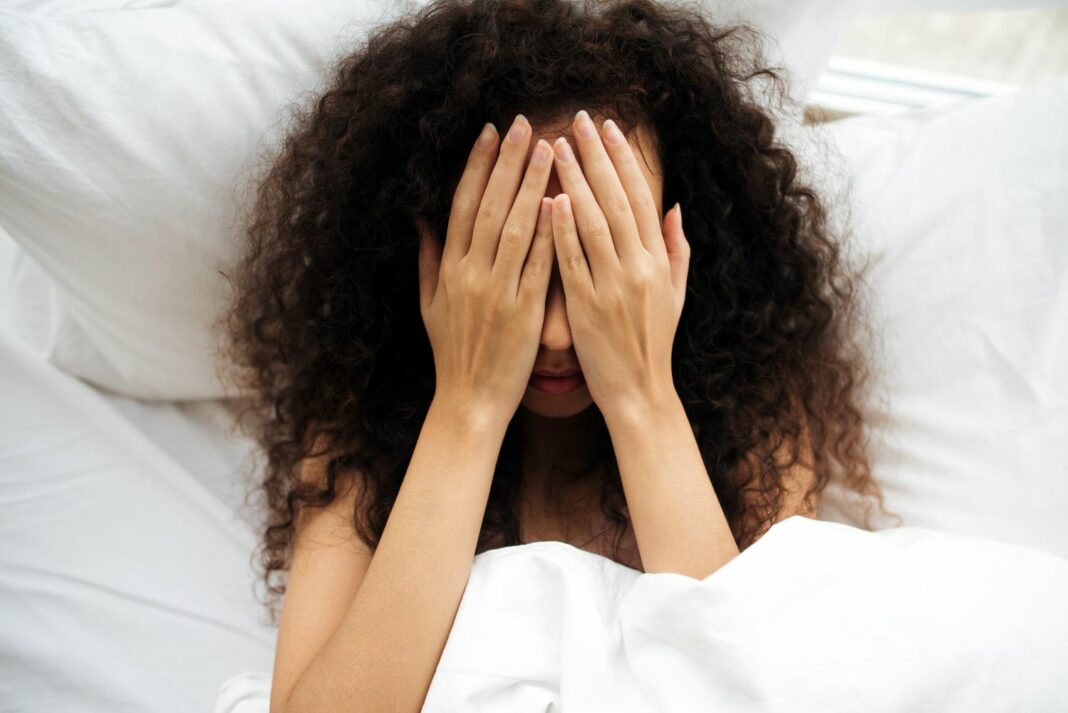How to Fall Asleep Fast: 6 Tested Strategies
Introduction
Sleep is essential for overall health and well-being. However, falling asleep quickly can be a challenge for many people. If you find yourself tossing and turning at night, unable to drift off into slumber, don’t worry – there are strategies you can try to help you fall asleep fast. In this article, we will discuss six tested strategies that can help you get to sleep quickly and efficiently.
1. Establish a Bedtime Routine
One of the best ways to fall asleep fast is to establish a bedtime routine. This can include activities such as taking a warm bath, reading a book, or practicing relaxation techniques like deep breathing or meditation. By creating a consistent routine, your body will begin to recognize when it’s time to wind down and prepare for sleep.
2. Create a Sleep-Inducing Environment
Your bedroom environment plays a significant role in how quickly you fall asleep. Make sure your room is dark, quiet, and at a comfortable temperature. Consider using blackout curtains, earplugs, or a white noise machine to block out any distractions that may keep you awake. Additionally, investing in a comfortable mattress and pillows can also improve your sleep quality.
3. Limit Screen Time Before Bed
The blue light emitted from screens such as smartphones, tablets, and computers can interfere with your body’s natural sleep-wake cycle. To fall asleep fast, it’s essential to limit screen time at least an hour before bedtime. Instead, try reading a book, listening to calming music, or practicing relaxation exercises to help prepare your body for sleep.
4. Watch Your Diet
What you eat and drink can have a significant impact on your ability to fall asleep fast. Avoid consuming caffeine, alcohol, and heavy meals close to bedtime, as these can disrupt your sleep. Instead, opt for light snacks like warm milk, herbal tea, or nuts that promote relaxation and help prepare your body for sleep.
5. Exercise Regularly
Regular physical activity can improve the quality of your sleep and help you fall asleep faster. Aim to exercise at least 30 minutes a day, but try to avoid vigorous workouts close to bedtime, as they may energize your body and make it difficult to fall asleep. Instead, opt for gentle exercises like yoga or stretching to relax your muscles and prepare for sleep.
6. Practice Mindfulness and Relaxation Techniques
Mindfulness and relaxation techniques such as deep breathing, progressive muscle relaxation, and meditation can help calm your mind and body, making it easier to fall asleep fast. Incorporate these practices into your bedtime routine to promote relaxation and reduce anxiety or stress that may be keeping you awake.
Conclusion
Falling asleep fast is essential for overall health and well-being. By implementing the six tested strategies discussed in this article – establishing a bedtime routine, creating a sleep-inducing environment, limiting screen time before bed, watching your diet, exercising regularly, and practicing mindfulness and relaxation techniques – you can improve your sleep quality and get the rest you need. Remember, everyone is different, so it’s essential to find what works best for you and stick to a consistent routine to promote healthy sleep habits.
FAQs
Q: How long does it take the average person to fall asleep?
A: On average, it takes about 10-20 minutes for the average person to fall asleep. If you find yourself taking longer than this, consider implementing some of the strategies mentioned in this article to improve your sleep quality.
Q: Can certain foods help me fall asleep faster?
A: Yes, certain foods like warm milk, herbal tea, or nuts can promote relaxation and help prepare your body for sleep. Avoid consuming caffeine, alcohol, and heavy meals close to bedtime, as these can disrupt your sleep.
Q: Is it normal to have trouble falling asleep?
A: Yes, it’s normal to experience occasional difficulty falling asleep. However, if you consistently have trouble falling asleep or staying asleep, it may be worth speaking to a healthcare provider to rule out any underlying sleep disorders or conditions.




